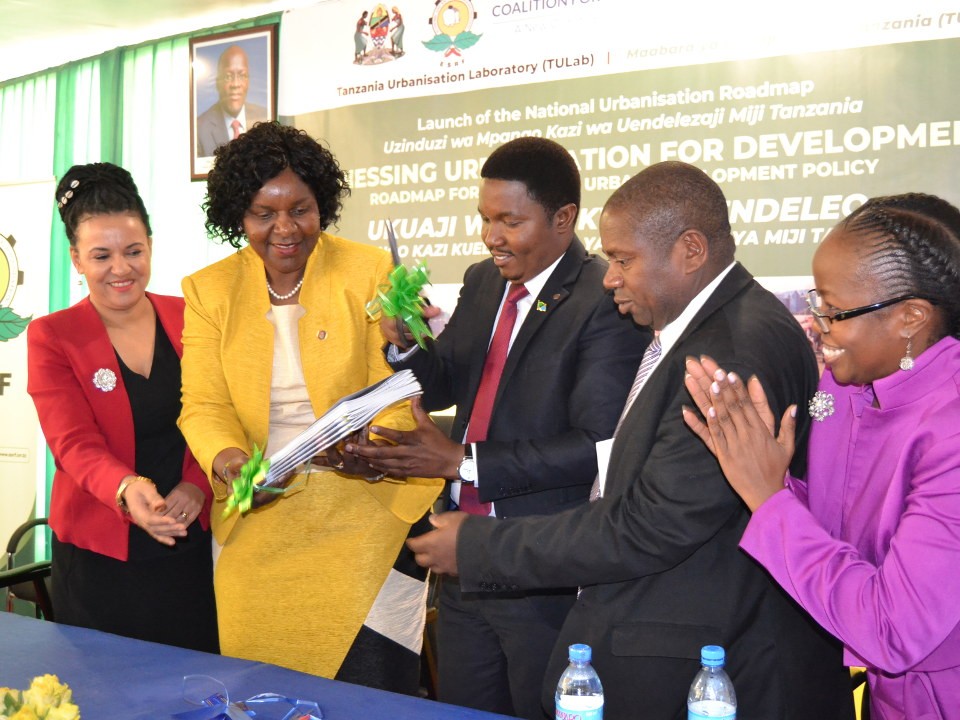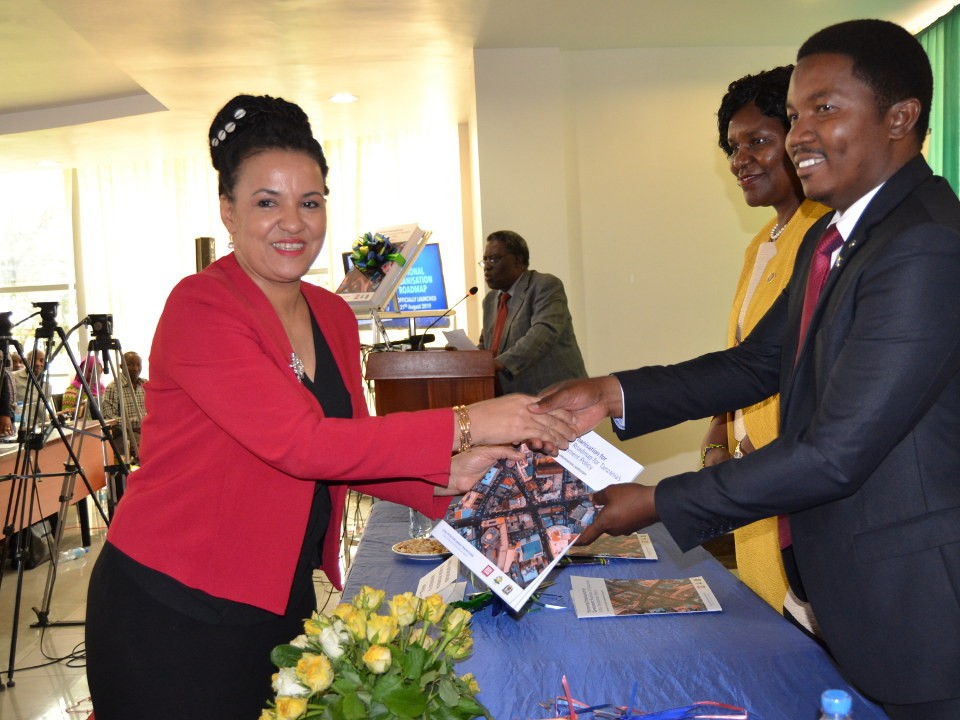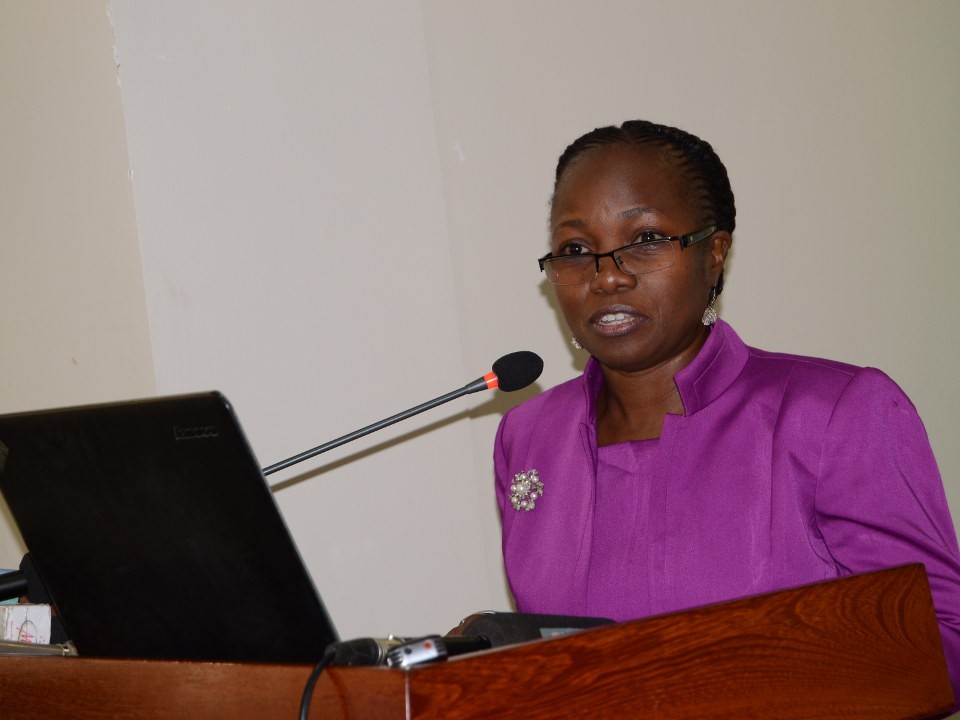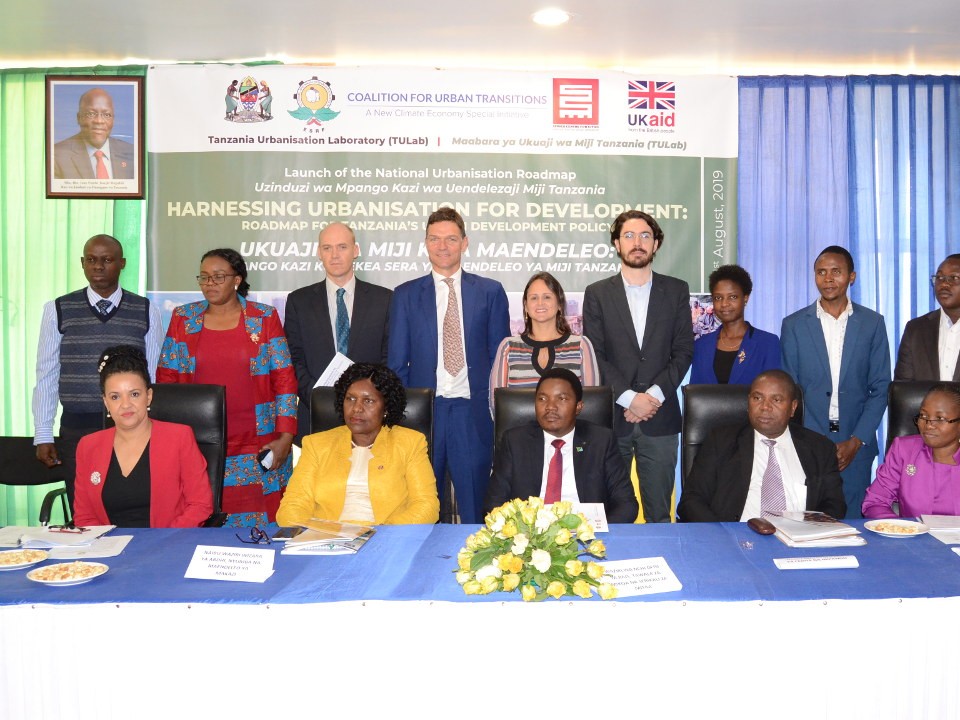Background and Context
Similar to the situation facing many other African countries, Tanzania’s population and especially urban population is increasing at an unprecedented rate. Current projections among many African countries indicate not only a rapid rise of the population but also a fast changing population structure such that more than half of the people in these countries shall be residing in urban areas by the middle of the century. This is a significant paradigm shift because for almost all the years since independence, crafting of development policies, strategies, politics etc, have been dominated by a strong notion that the majority of the people in these countries resides in rural areas. For the case of Tanzania, projections by National Bureau of Statistics (NBS) indicate that urban population is expected to reach 45 million in 2030, making Tanzania the 6th fastest urbanizing country in the world. The estimates further indicate that Dar es Salaam is expected to become a megacity of some 10 million people before 2035 making Dar es Salaam the city with the 2nd fastest population growth rate in the world.
However, PO – RALG is in view urbanization is also over time factored by re – categorization of administrative boundaries of urban and rural local government authorities. Similarly, is in re – determination of census enumeration areas. In those contexts, therefore, there is no doubt that population planning and urbanization management are crucial issues in Tanzania’s policy space moving forward. The two areas are also important in the light on going industrialization drive under execution as the major component of National Development Vision 2025 and Five Years Development Plans. Besides, the history of development processes around the world indicates that only a few countries have managed to archive successful transformation and social economic progress without successful management of urbanization process.
The ESRF – a policy research think tank in Tanzania
The Economic and Social Research Foundation (ESRF) was established in 1994 as an independent, not-for-profit institution for research and policy analysis. The formation of ESRF was based on the assumption that there was need and demand for an improved understanding of policy options and development management issues, and that the capacity for this was lacking in the Tanzania civil service. The primary objectives and purposes of the foundation are to initiate and coordinate studies in economic and social issues, to promote public understanding of economic and social conditions and public policy issues, to explore options of public economic and social policies, to collaborate with Government of the United Republic of Tanzania, government agencies, donor organizations and other research institutions and entities to enhance the national capacity for public analysis and development management. The ESRF is one of the leading policy think tanks in Tanzania today.
Some of the few research work which illustrates the ESRF include its active involvement in the formulation of National Development Vision 2025 in 1998-2000 and its review after ten years of its implementation, formulation of First and Second Years Development Plans i.e. FYDP I (2011/12 – 2015/16 “Unleashing Tanzania’s Latent Growth Potentials”) and FYDP II (2015/16 – 2020/21 “Nurturing Industrialization for Economic Transformation and Human Development”. Some few research work implemented at sector level in the near past include conducting a review of National Micro Finance Policy (2000) for Ministry of Finance, National Environmental Policy (1997) for Vice President’s Office and National Energy Policy (2003) for Ministry of Energy and Minerals, National Youth Policy Review (2007) for Ministry of Labor, Employment and Youth Development, National Tourism Policy Review (1999) for Ministry of Natural Resources and Tourism. In the near past, the Foundation has also been at the fore front in supporting policy development processes at local government levels. In this regard, the Foundation has supported 17 regions in identifying investment opportunities in their regions and preparation of regional investment guides. The Foundation is currently working on preparation of Regional Investment Guides for the remaining 8 regions. Further, in 2019, ESRF offered advice to PO – RALG on Decentralization Policy aspects.
Engagement of ESRF on policy research on urbanization: The Tanzania Urbanization Labouratoy (TULab)
Under the auspices of Tanzania Urbanization Laboratory (TULab), since 2017, the ESRF in collaboration with Coalition for Urban Transitions (https://urbantransitions.global/) and other partners have been working on policy research and capacity development initiative on urbanization issues in Tanzania. The objective of this initiative is to advance knowledge and advice the government and other stakeholders on Tanzania’s development process in the light of the ongoing rapid population growth, industrialization drive and its implications for proper (strategic) urban planning.
Governance Structure of the Tanzania
The TULab is a community of urban specialists from government, civil society, development partners, academic organizations, think tanks and private sector who convene together to identify problems, risks and opportunities facing cities in Tanzania. TULab undertakes day to day analysis of urbanization issues to inform policy. The TULab convenes a selected group of people in what is intended to be a safe place to deliberate on policy, programmes and research questions regarding urbanization. It is an ideal forum for facilitating effective, collaborative, evidence based decisions concerning urbanization in Tanzania.
TULab is comprised of 8 to 10 core members and an additional 20 to 35 stakeholders but this number is not fixed it can change depending on the issue being addressed. Stakeholder participation is voluntary and is expected to shift over time as different issues are addressed and the policy environment evolves. The Tanzania Urbanization is hosted by the ESRF; whereas the initiative is chaired by Ministry of Finance and Planning.
The Tanzania Urbanization Roadmap: An output of TULab
Last year i.e. 2019, the Tanzania Urbanization Laboratory completed a two years (2017 to 2019) process of preparing Tanzania’s Urbanization Roadmap. The objective of the roadmap is to make an input in the process of developing and implementing National Urbanization Policy in Tanzania and this falls in the mandate of PO – RALG. This report was launched by Honorable Selemani S. Jafo (MP), Minister of State – President’s Office – Regional Administration and Local Government on 21st August, 2019. One of the major conclusions reached during the launch ceremony was to undertake some agreed post launch activities; the UK Government had gratefully agreed to fund some of the activities as long as the request is backed by the Government of Tanzania.

Hon. Suleman Jafo, Minister of State, President’s Office Regional Administration and Local Government, cutting a ribbon to officiate launch of Tanzania Urbanization Roadmap. The exact title of the report is “Harnessing Urbanization for Development in Tanzania”: Roadmap for Urban Development Policy. The event took place on 23rd August 2019 at Kilimanjaro Hall, treasury square room in DODOMA.

Hon. Suleman Jafo, Minister of State, President’s Office Regional Administration and Local Government, handling the roadmap for urban development policy in Tanzania. The report was launched on 23rd August 2019 in DODOMA.

Key experts and drafting team of Tanzania Urbanization Laboratory in group photo with the high table during launch of the roadmap for urban development policy in Tanzania, 23rd August 2020.

Dr. Lorah Madete, Principal Economist, Ministry of Finance and Planning providing vote of thanks during launch of the roadmap for Urban Development Policy in Tanzania.
